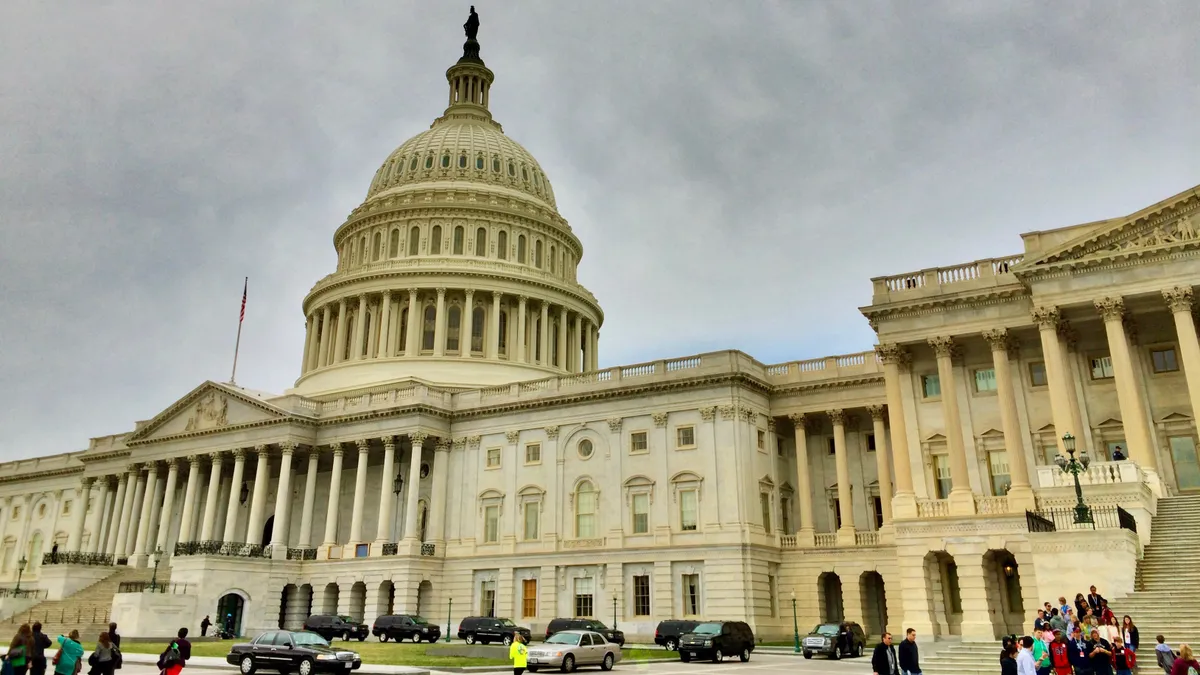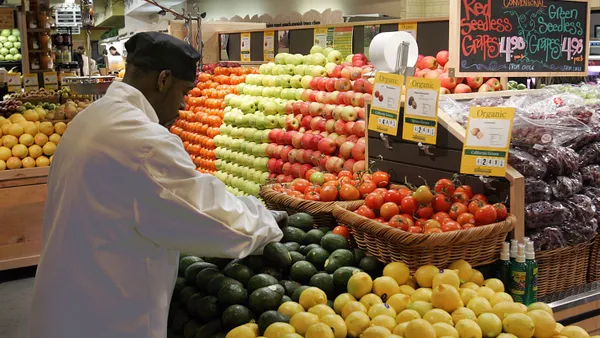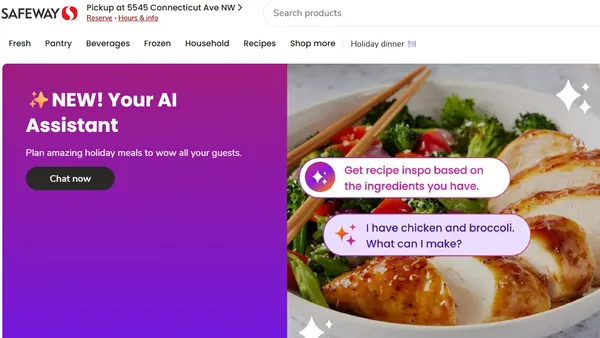Dive Brief:
- The National Grocers Association (NGA) outlined in a blog post on Thursday several steps it wants Congress to take to make it easier for retailers, especially smaller grocers, to offer the Special Supplemental Nutrition Program for Women, Infants and Children (WIC).
- Barriers to offering WIC faced by retailers include burdensome requirements for approval and the fact that some states have a slow vendor licensing process, wrote Molly Pfaffenroth, NGA’s senior director of government relations. The trade group wants to see a task force created to improve the vendor management system for WIC and is pushing for online purchasing to become an option for WIC recipients.
- NGA’s proposals come at a time when the Biden administration is looking to boost WIC participation and Congress is poised to consider updates to WIC and efforts aimed at child nutrition.
Dive Insight:
Along with establishing a task force and introducing online purchasing, the NGA wants Congress to create a better system for product substitutions during disasters or public health emergencies — times when grocers can have trouble keeping WIC-approved foods in stock.
Another area for concern for NGA is the peer grouping system managed by the states to monitor competitive practices. Pfaffenroth said that the current system has caused “a lot of confusion and concerns for retailers” and proposed that Congress authorize the U.S. Department of Agriculture (USDA) to look into the long-term effects of cost containment, competitiveness and peer grouping formulations for WIC vendors and determine if an alternative model might work better.
Retailers often deal with burdensome rules for preapproval on-site visits, duplicative paperwork and moratoriums on WIC license approvals, Pfaffenroth wrote. “Less red tape would lead to more independent grocers being able to offer WIC, with the ultimate goal of providing greater access for families in need," she said.
NGA’s call for WIC online payments follows the expansion of the federal government’s SNAP online purchasing pilot and USDA’s foray into a separate online program for WIC. The USDA’s Food and Nutrition Service (FNS) has awarded a $2.5 million grant to the Nebraska-based Gretchen Swanson Center for Nutrition to develop a secure online ordering model for WIC.
For online purchasing, the NGA said it is concerned about the impact on grocers of delivery fees, which aren’t covered by WIC or SNAP benefits. Keeping the fees could pose a financial barrier to shoppers receiving government assistance, while making small grocers cover the delivery fees, Pfaffenroth noted, could discourage them from participating in online payment programs.
The NGA said it has been meeting with Senate Agriculture Committee member offices to push its agenda for updating WIC.
Clarification: This article has been updated to provide more information about how the NGA said delivery fees could impact smaller retailers.











